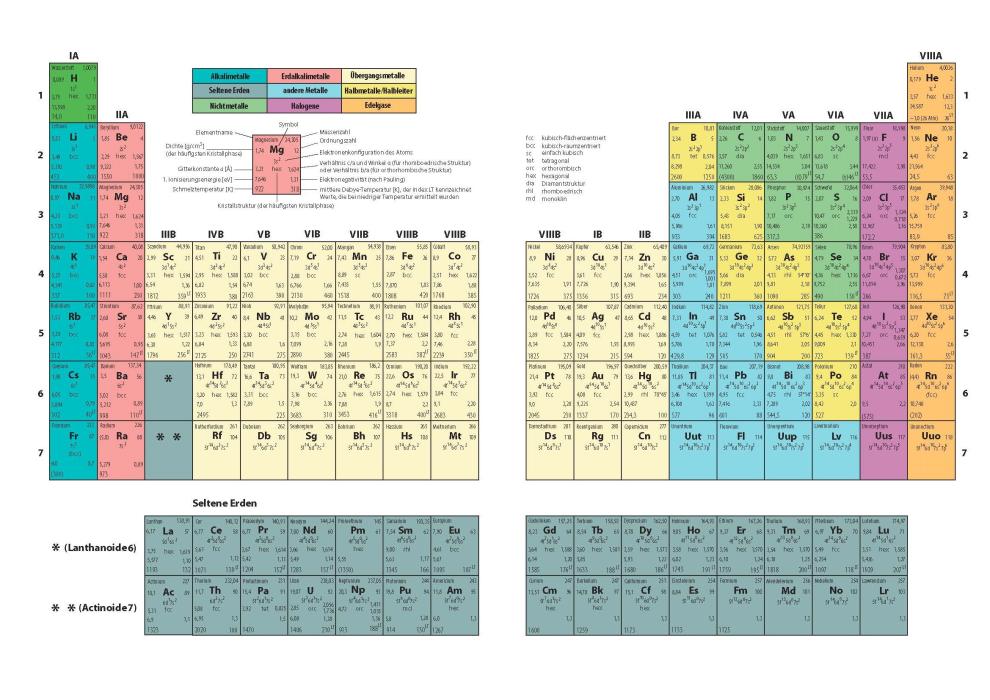AREE – International conference and exhibition at Rhine-Waal University of Applied Sciences
On the analysis of rare earth elements; methods and applications
Rhine-Waal University of Applied Sciences is privileged to host an international gathering of experts from science and industry from 5 to 6 October 2015. The Analysis of Rare Earth Elements conference, or AREE, boasts a programme full of expert talks and poster exhibits on many issues surrounding rare earth elements (REEs). The conference will be held in the Kleve Audimax auditorium and requires advanced registration to attend. Responsible for organising and running the conference is a joint group of experts from Rhine-Waal University of Applied Sciences, the Universität Duisburg-Essen, the Aachen-based Centrum für Analytik und Information and the Cologne-based COGNOS AG.
Kleve/Kamp-Lintfort, 30 September 2015: Rare earth elements, or REEs, are particularly important because of their use in modern electronics. Due to their unique chemical and physical properties, they are ideal and indispensable components of many electronic innovations. But what are rare earth elements? A group of 17 chemical elements in the period table, consisting of lanthanides scandium and europium, among others. Rare earth elements occur naturally in the Earth’s crust as mineral deposits, for example in the form of oxides, phosphates or carbonates. Through a complex extraction process, the REEs and other chemical compounds within these raw deposits can be separated for use in production.
The analysis of rare earth elements is a complex, but essential process for their successful extraction from raw materials. Thus, the AREE conference is dedicated to examining the analytical process, with speakers and participants discussing a range of topics relating to advanced detection and measurement techniques specifically for REEs.
Among the topics covered by talks and poster exhibits will be modern instrument-based methods, the essential instruments needed as well as their performance capabilities. Effectively employing these analytical instruments is often key to achieving the advanced level typically required for REEs.
In addition to these discussions on instrumental developments, the experts will explore a range of other practical topics relating to REEs. For example, effective analysis techniques are needed to detect REE levels in water, air and other environmental samples due to the frequent use – and disposal – of devices using REEs in modern society. Intelligent analysis of REEs is also needed in order to implement effective waste recycling measures.
Without the use of REEs, many products couldn’t and wouldn’t exist. Advanced optical glass, for example, can’t be produced without the use of REEs. Nevertheless, through better analytics, the impact of rare earth elements for people and environment can be reduced and monitored more effectively.

